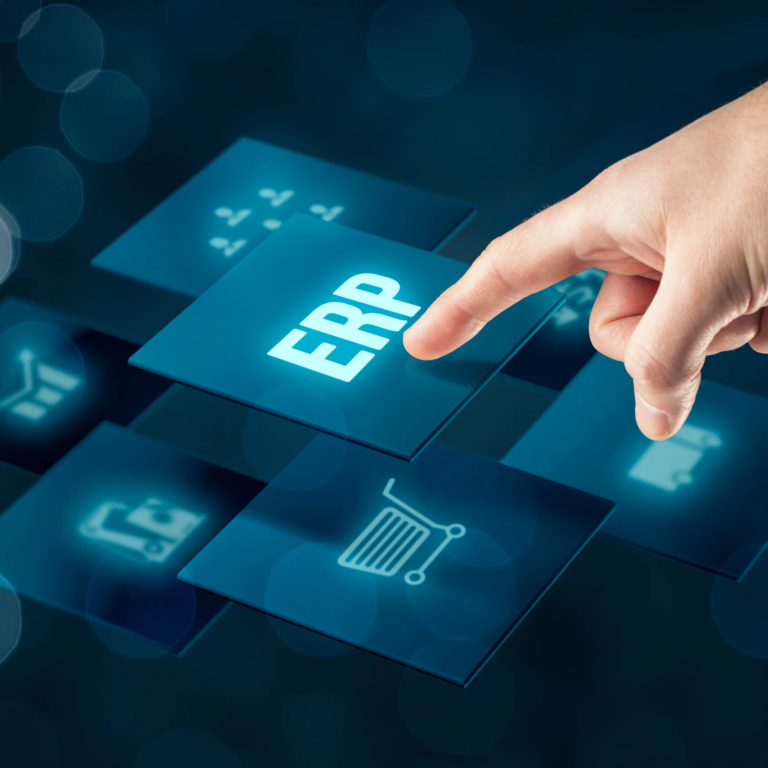Cloud Solution Specialists
Located in Dublin, the epicentre of European technology, and with an additional office in Belfast, our team of experienced, enthusiastic, and profoundly knowledgeable cloud solution consultants specialise in the deployment, support, development and sales of Oracle NetSuite, Sage Intacct, Sage 200 and Connections, our solution tailored for convenience retail stores.




Why Noledge
We’re driven by creating value for customers. Whether that’s simplifying business processes, cutting costs or driving faster growth, our financial, ERP and consulting solutions always deliver best outcomes because we are more experienced and invest more than anybody in getting it right first time.
Every company faces unique challenges, but our approach remains constant: partnership. We believe in working closely with you to align our expert consultant’s skills with your company’s distinctive needs. Through this collaboration, we can craft solutions that not only address your current challenges but also transform the way you operate, both today and in the future. We thrive on challenges and would be delighted to engage in an obligation-free discussion to explore the possibilities we can unlock for you.
Problems We Solve
Discover a better way to manage your business with our cutting-edge solutions. We believe in simplicity, ensuring that your operations are streamlined and efficient. Our integrated modules offer flexibility, allowing your data to flow seamlessly throughout the organization, integrating with various best-of-breed applications.
Too Many Manual Processes
A lack of automation in your business places a burden on your employees to manually record data. This not only consumes precious time that could be better utilized, but it also heightens the likelihood of errors.
Disconnected Departments
Many modern businesses continue to have disparate processes and systems across departments like marketing, sales, finance, HR, production, warehouse, procurement, projects and beyond. With no collaboration between them, it greatly reduces your business’s ability to run operations smoothly and efficiently.
Cost of Maintenance and Upkeep
Maintaining outdated software can be costly in terms of customisations, repairs, and updates needed to keep it operating. This not only costs the business money, but also precious time and resources. The expenses surrounding this can accumulate over time, making it more expensive than investing in updated software.
Remote Work Facilitation
With remote work being so popular in today’s world, it is important your systems can operate and keep up from anywhere. Relying on physical office locations and servers to access critical systems and information prevents you from doing so. More and more businesses are moving their operations to the cloud, where they have instant access to their internal systems, so they can immediately continue to operate and connect from anywhere.
Lack of Flexibility and adaptability
Older and disparate systems mean an inability to adapt to and keep up with the constantly changing climate we live in today, making it difficult to keep customers happy and survive as a business.
Lack of Support
With no single system running operations, it can be unclear what to do or who to contact when you need support. This lack of support can lead to difficulties and delays in resolving issues, seeking necessary advice, and getting assistance when facing critical problems. This can lead you to fall behind.
Lack of Scalability
If you have an already stretched system, you may be complicating the problem by adding more companies or locations. You may also be adding more people to manage these complications when they may not be required. Outdated manual systems are holding your business back from growing, optimising your resources, and profiting off opportunities.
The Noledge
Group of Companies
With Sage Intacct and Sage 200 at your fingertips, you gain the flexibility to choose the perfect fit for your business. Empower your financial journey with the right solution and chart a course for lasting success.

OSSM
As a distinguished NetSuite Partner based in Ireland, OSSM possesses an extensive wealth of industry expertise, particularly in the services, field service management, manufacturing, and distribution sectors. We’ve successfully implemented NetSuite as standard without any customisations for many customers but have also created our own applications and customisations within NetSuite based on specific requirements.

Envisage
As the largest Irish Sage Partner with a head office in Dublin and another in Belfast, Envisage has been consistently delivering high-quality accounting and ERP projects to its clientele for over 20 years. Our area of expertise lies in the mid-market segment, where we excel with the Sage Intacct and Sage 200 business solutions. We proudly collaborate with a diverse array of companies spanning various industries from finance to distribution to services and more.
Recent Articles
Discover how our services, from accounting solutions to ERP implementation, can elevate your business to the next level. Each service is tailored to meet your specific needs and goals.
Things to Consider When Choosing an ERP Software Provider
Choosing the right Enterprise Resource Planning (ERP) software provider is a crucial decision for businesses of all size ...
Tips for Choosing an ERP System
As businesses evolve, the need for a robust, adaptable and efficient Enterprise Resource Planning (ERP) system becomes i ...
Are You Running Your Business or Is Your Business Running You?
As business owners and executives, we find ourselves with an ever-increasing to-do list and just when you think you're o ...


